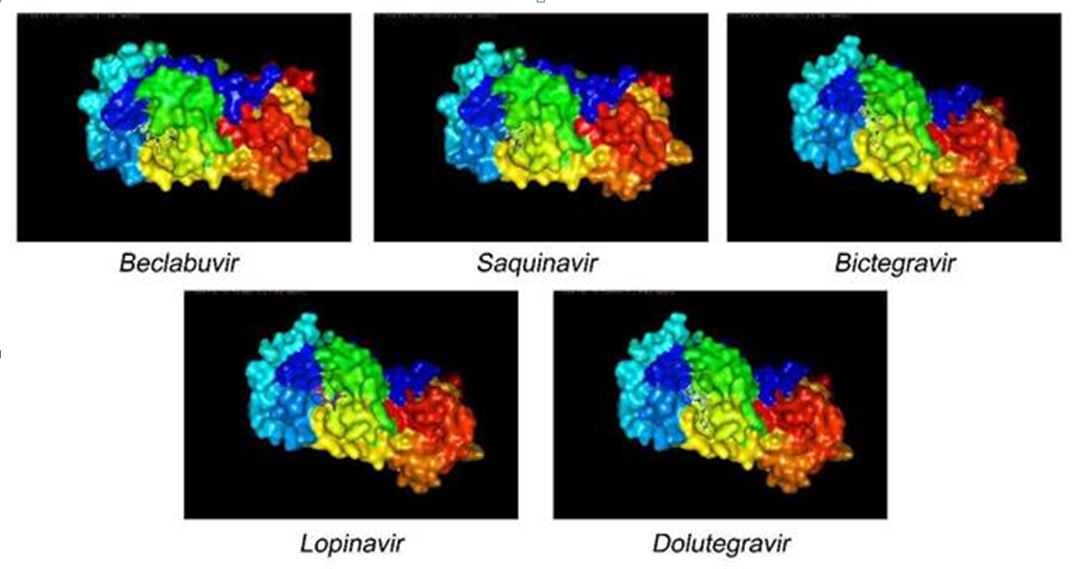In February, the joint research team consisting of Professor Liu Bing from the First Affiliated Hospital of Xi’an Jiaotong University (XJTU), School of Basic Medicine, Tongji Medical College of Huazhong University of Science and Technology, Wuhan Children's Hospital affiliated to Tongji Medical College of Huazhong University of Science and Technology, Beijing Institute of Genomics of Chinese Academy of Sciences, and Huawei Cloud officially announced the discovery of five antiviral drugs that are potentially effective for 2019-novel coronavirus (2019-nCoV).

The joint research team focused upon multiple target proteins of 2019-nCoV (the crystal structure of Mpro protein provided by the team led by Rao Zihe, academician of Chinese Academy of Sciences) and conducted ultra-large-scale computer-aided screening for 8,506 drugs on the market or undergoing clinical trials, and achieved the first-stage results within one week. The screening studies have demonstrated that five drugs may be potentially effective for 2019-nCoV, namely Beclabuvir, Saquinavir, Bictegravir, Lopinavir and Dolutegravir. Beclabuvir can not only bind with Mpro protein, but also serves a potential inhibitor of 2019-nCoV RNA-dependent RNA polymerase NSP12. Saquinavir can not only bind with Mpro protein, but also can bind with S protein of 2019-nCoV, which is able to prevent the viral proliferation both inside cells and on the cellular surface.
At present, the joint research team is carrying out cytological verification studies and promoting the clinical trials of these five antiviral drugs. All the research results released by this joint research team provide open access to biomedical research institutions through Huawei Cloud for subsequent research and development of antiviral drugs.
Throughout this scientific research project, Professor Liu Bing mainly plays a leading role in the selection of target proteins, providing the virtual structure of target proteins and selecting possible key sites for drug interaction to the joint research team.